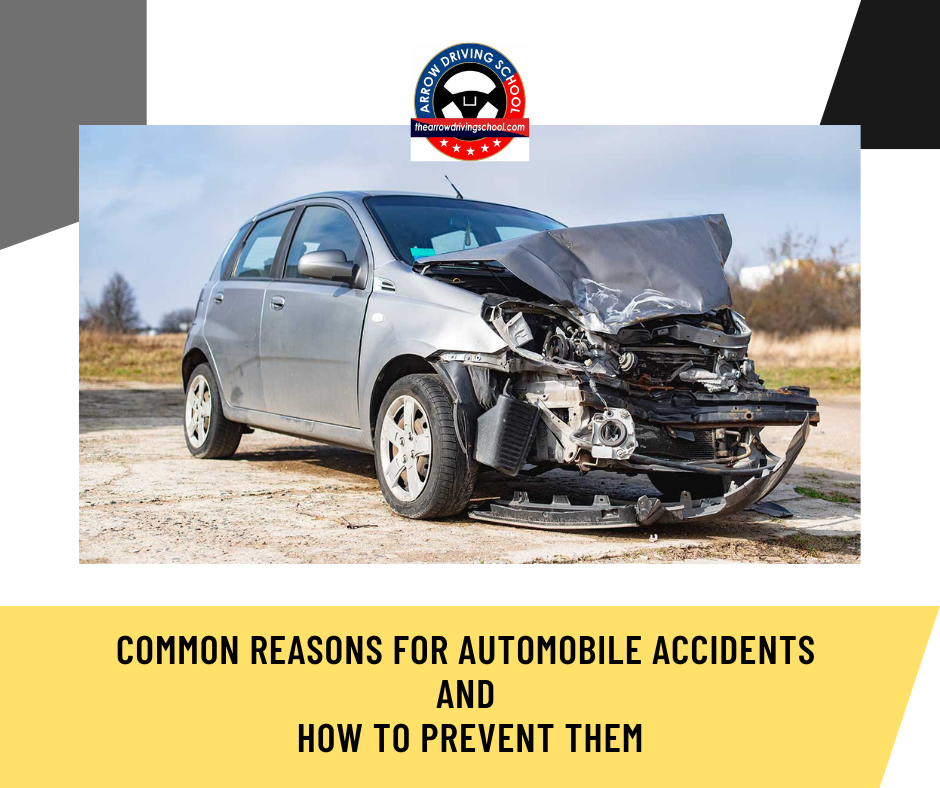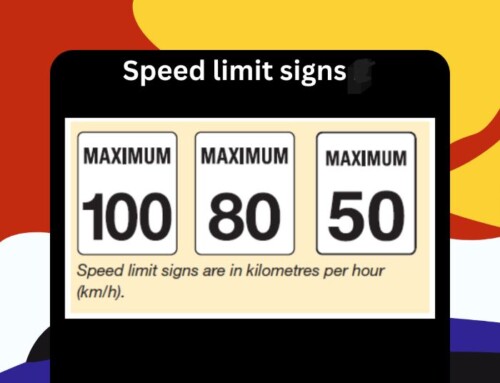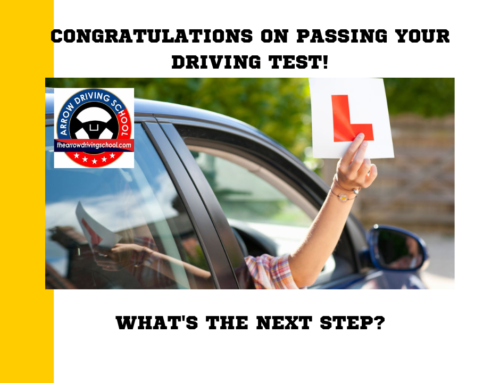Automobile accidents are a significant concern on our roads, leading to injuries, fatalities, and property damage. Many of these accidents are preventable, often caused by human errors or risky behaviors. By understanding the common reasons behind these accidents and taking proactive measures, we can contribute to safer roadways for everyone. Here are six prevalent reasons for automobile accidents and strategies to avoid them:
1. Distracted Driving: Distracted driving, often caused by texting, talking on the phone, eating, or using in-car entertainment systems, diverts a driver’s attention from the road. This lack of focus can lead to delayed reactions and poor decision-making.
Prevention: Keep your phone out of reach while driving, use hands-free devices for calls, and avoid multitasking behind the wheel. If you need to attend to something, pull over to a safe location.
2. Speeding: Excessive speed reduces a driver’s ability to respond to sudden changes in road conditions, increases the severity of accidents, and reduces the effectiveness of safety systems.
Prevention: Obey posted speed limits and adjust your speed according to road and weather conditions. Give yourself ample time to reach your destination without rushing.
3. Drunk Driving: Driving under the influence of alcohol or drugs impairs a driver’s coordination, judgment, and reaction times, significantly increasing the risk of accidents.
Prevention: Designate a sober driver, use ride-sharing services, or plan alternative transportation if you plan on consuming alcohol or substances. Never drive if you’re impaired.
4. Reckless Driving: Reckless behaviors such as aggressive tailgating, sudden lane changes, and ignoring traffic signals endanger everyone on the road.
Prevention: Practice patience, maintain a safe following distance, signal your intentions, and adhere to traffic rules. Avoid engaging with aggressive drivers and stay calm.
5. Fatigued Driving: Driving while fatigued can lead to reduced alertness, slowed reactions, and even falling asleep at the wheel.
Prevention: Get enough rest before embarking on a journey. Take breaks during long trips, and if you feel drowsy, pull over and rest until you’re fully awake.
6. Running Red Lights and Stop Signs: Disregarding traffic signals and signs can result in dangerous collisions at intersections.
Prevention: Always obey traffic signals and stop signs. Approach intersections cautiously, even if you have the right of way, and be prepared to react to other drivers who may not follow the rules.
7. Road Rage: Road rage, characterized by aggressive driving, anger, and hostility, can escalate situations and lead to accidents.
Prevention: Stay calm and composed while driving. Avoid confrontations with aggressive drivers, give space to irate motorists, and focus on reaching your destination safely.
In conclusion, automobile accidents can often be avoided by addressing the underlying causes of risky behaviors and poor decisions. By staying focused, following traffic rules, and prioritizing safety, we can collectively contribute to reducing the number of accidents on our roads. Remember, safe driving not only protects you but also safeguards the lives of others sharing the road with you.
Consider reading 20 Defensive Driving Tips






